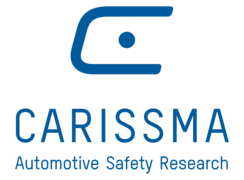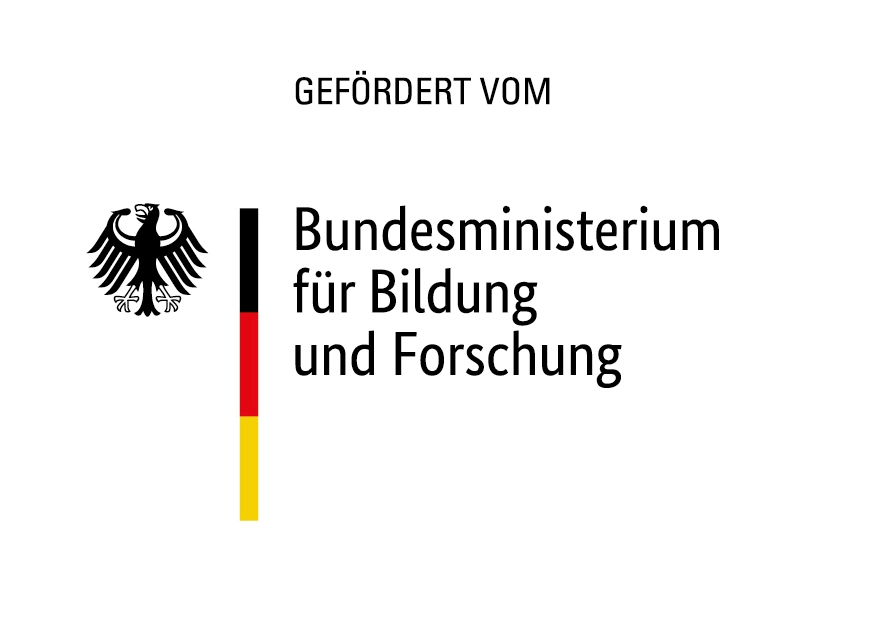The team led by Professors Thomas Brandmeier and Andreas Gaull is working together with its practical partners Continental Automotive and IPG Automotive on intelligent software as part of the "Test and Development of a Passive Safety Function" (TEPS) project, which intervenes ( partially) autonomously in the vehicle's longitudinal and lateral guidance shortly before an unavoidable collision by braking or steering on one side. The aim of this intervention is to optimize the impact angle and speed in such a way that the vehicle's crash structure can be optimally utilized, thereby mitigating the severity of injuries to the occupants.
At present, complex safety systems are mostly found in the luxury class segments, which account for only a fraction of all new vehicle registrations with a market share of around 5%. Within the framework of TEPS, a safety function for (partially) autonomous braking and steering interventions as well as a corresponding test method for its validation are to be researched in a multi-stage process. The novel test method aims, among other things, to replace part of the cost-intensive driving tests with real vehicles by alternative tests, e.g. with the aid of simulations and substitute tests. For this purpose, it is necessary to prove the transferability of selected, potentially dangerous driving situations to substitute tests. By reducing the testing effort in this way, the manufacturing costs of comparable safety systems can be lowered and thus higher market penetration achieved. This makes an active contribution to increasing road safety. In the CARISSMA research building at Ingolstadt Technical University, the necessary driving tests can be carried out in a hall under reproducible conditions. The advantages of indoor sensor tests lie in the repeatability of the tests, the absence of weather conditions and the targeted injection of environmental influences (rain, fog, lighting conditions). This allows the system to be taken to the limits of performance and these to be explored.
The Federal Ministry of Education and Research is supporting the research project with around 755,000 euros as part of the "FHprofUnt" funding line of the "Forschung an Fachhochschulen" program.

![[Translate to English:] ? THI [Translate to English:] Virtuelle Testhalle mit Fahrzeug und Dummy](/fileadmin/_processed_/2/a/csm_Carissma_Innenansicht_ADAS_d788b6c353.webp)

![[Translate to English:] Logo Akkreditierungsrat: Systemakkreditiert](/fileadmin/_processed_/2/8/csm_AR-Siegel_Systemakkreditierung_bc4ea3377d.webp)








![[Translate to English:] Logo IHK Ausbildungsbetrieb 2023](/fileadmin/_processed_/6/csm_IHK_Ausbildungsbetrieb_digital_2023_6850f47537.webp)


